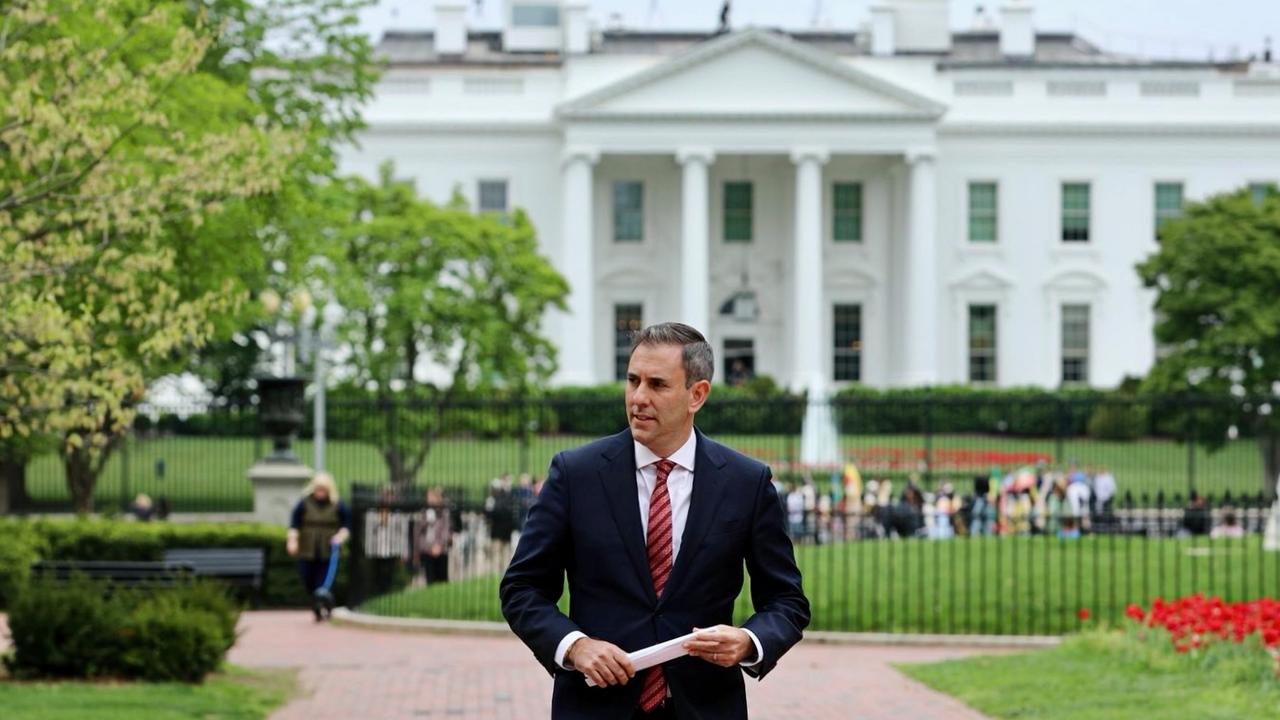Central bank independence at risk with Treasurer’s override, warns RBA reviewer
Jim Chalmers’ offer to preserve his power to override the Reserve Bank’s interest rate decisions threatens to undermine its independence, an expert has argued.

Jim Chalmers’s offer to preserve his power to override the Reserve Bank’s interest rate decisions threatens to undermine its independence, a co-author of the landmark review into the central bank says.
To secure Coalition support for Labor’s overhaul of the RBA, the Treasurer last week proposed to retain his power to overrule an RBA decision, albeit restricting its application to “emergency” circumstances.
ANU distinguished professor Renee Fry-McKibbin, who co-wrote the 2023 review into the central bank that recommended “section 11 power” be abolished, warned that maintaining the Treasurer’s ability to overrule the board risked undermining the RBA’s independence.
“The independence of the RBA is paramount,” Professor Fry-McKibbin said.
“This power detracts from the independent operation of monetary policy and the credibility of the monetary framework.”
“The parliament should be the body to override decisions made by the RBA board, not the treasurer and executive government,” she added, referencing reports by this masthead that revealed the provision had almost been exercised in 1982 under the then-Fraser government.
Dr Chalmers’s push to jettison his power to override the RBA found few friends at a Senate inquiry in February.
Professor Fry-McKibbin said the opposition – which is yet to finalise its position on the changes – should agree to Labor’s concessions to revamp the central bank.
“The amended legislation should be passed by the parliament,” she said.
“The RBA needs a structure fit for the future and also needs certainty on what that will look like.”
Professor Fry-McKibbin also supported Dr Chalmers’s offer to automatically transfer all six of the current external board members to the proposed interest-rate setting board unless they opted to instead sit on a separate governance board.
“If this is a compromise that Mr Taylor and the Coalition are willing to accept, it is a good way to move forward,” Professor Fry-McKibbin said, despite the review finding the current board lacked the capability to effectively scrutinise recommendations of the governor.
Labor’s concessions on its RBA overhaul came after the opposition raised concern that Dr Chalmers could use the establishment of the proposed dual board structure to “stack” the interest-rate setting board with Labor-aligned appointments – fears ignited by his installation of two former union officials to the board last year.
Professor Fry-McKibbin said external board members should have the freedom to choose to sit on the governance board.
“My view is that current board members should choose which board they can best serve so the new governance board can benefit from members’ knowledge of the RBA and how it operates,” she said.
“It is important to have bipartisan support, so this seems like a reasonable compromise for both sides.”
Despite Dr Chalmers’s guarantee, The Australian understands there is a preference among some external board members to serve on the new governance board, thus enabling him to make further appointments to the proposed monetary policy committee.
RBA governor Michele Bullock has also stated her preference for at least one current board member to serve on the proposed governance board to maintain institutional continuity.



